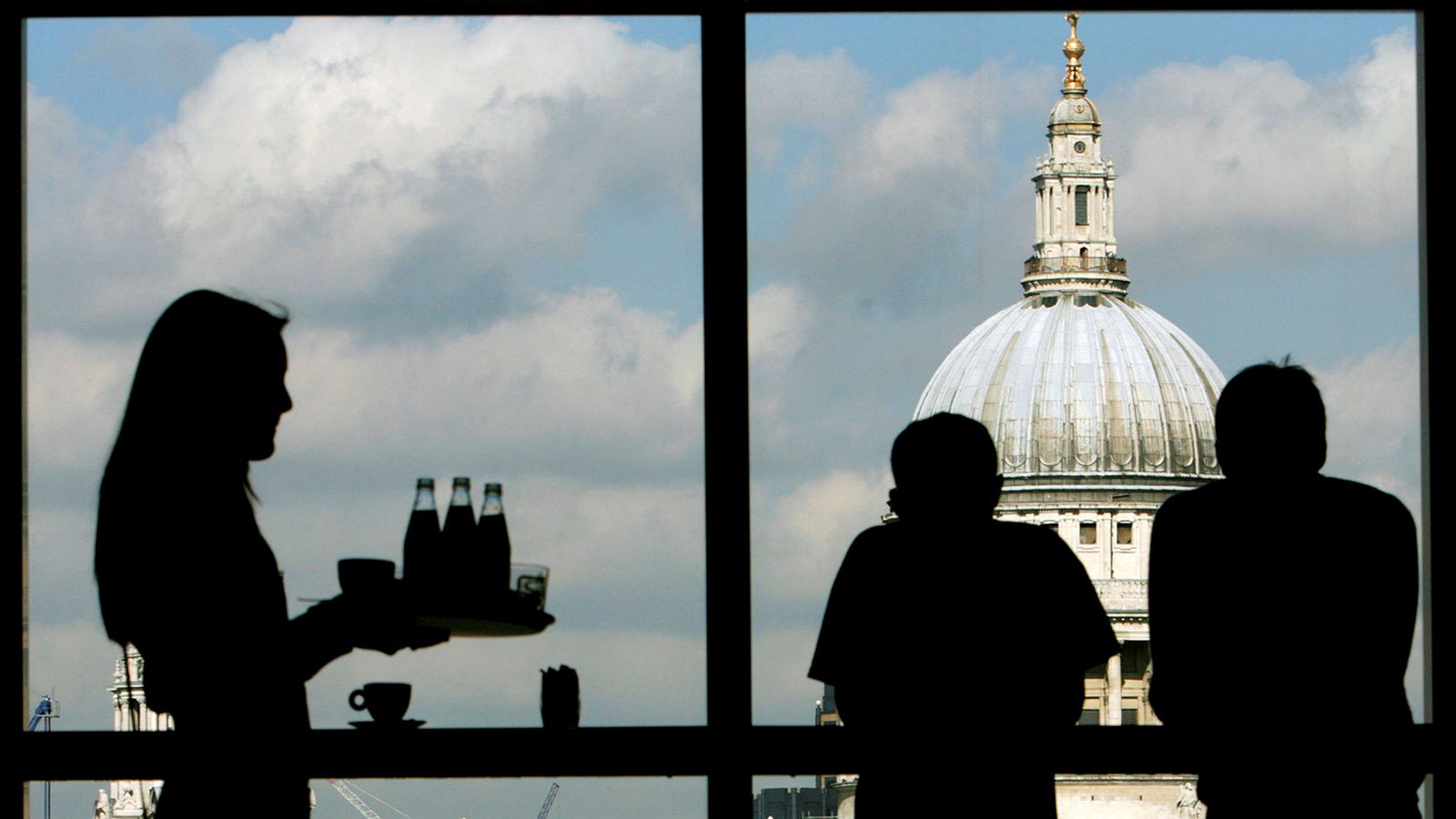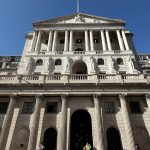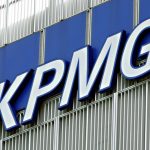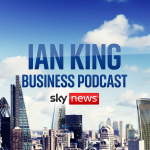Business optimism has climbed to its highest level since June 2015, boosted by the roll-out of COVID-19 vaccines, according to a survey.
The Accenture/IHS Markit business outlook showed 68% of firms expect an increase in business activity this year compared to 11% forecasting a reduction, giving a net balance of +57%.
That was up sharply from +34% in October and ahead of survey readings in the US, Japan and Europe.
The poll of around 1,400 firms, carried out last month, showed hotels and restaurants moved to being the most confident sector after being the least confident last autumn.
Hiring intentions across the economy rose to a balance of +30%, indicating a stronger jobs recovery than the +15% average figure for the wider global business outlook survey of 12,000 firms.
Rachel Barton, strategy and consulting lead at Accenture UK & Ireland, said: “After a tough year it is encouraging to see business confidence bouncing back.
“Although we are not out of the woods yet, it is important for UK business to take advantage of this confidence in order to build a sustainable recovery.”
The survey found that while there was overall confidence about the year ahead, current business activity remained below pre-pandemic levels at more than half the companies surveyed reflecting continued lockdown restrictions.
The improvement in UK business confidence was largely driven by the services sector – which ranges from bars and restaurants to law firms and accountants and represents four fifths of economic output.
Please use Chrome browser for a more accessible video player
Firms in the sector “widely commented on a boost to business expectations from vaccine progress and the forthcoming reopening of domestic hospitality after lockdown, alongside positive signals for both business and consumer spending”, the survey said.
Britain’s economy shrank by a record 9.9% in 2020 as the pandemic took its toll – an annual decline estimated to be the biggest in three centuries.
Data released over the weekend by PwC and the Local Data Company showing more than 17,500 chain stores closed last year – an average of 48 a day – was the latest stark illustration of the impact of the slump.
Meanwhile, plans to keep indoor hospitality venues closed for weeks longer than non-essential shops in England are facing a legal challenge from leading restaurateur Hugh Osmond and Greater Manchester night-time economy adviser Sacha Lord.
Official figures last week showed GDP shrank by a further 2.9% in January as the latest lockdown put a renewed squeeze on businesses.
Meanwhile exports to the EU tumbled by 41% – in the first month since the end of the Brexit transition period.
However a forecast from the OECD has suggested that Britain’s successful vaccine roll-out looks set to deliver a bigger shot to growth this year than to other European countries.
Separately on Monday, trade body Make UK upgraded its outlook for growth in the manufacturing sector from 2.7% to 3.9%.
Its members reported rising UK orders but a decline in exports – suggesting that “UK and EU companies have yet to come to terms with the new trading arrangements”.
Make UK said it hoped the budget announcement of a “super-deduction” tax break for investment would provide a boost.






















